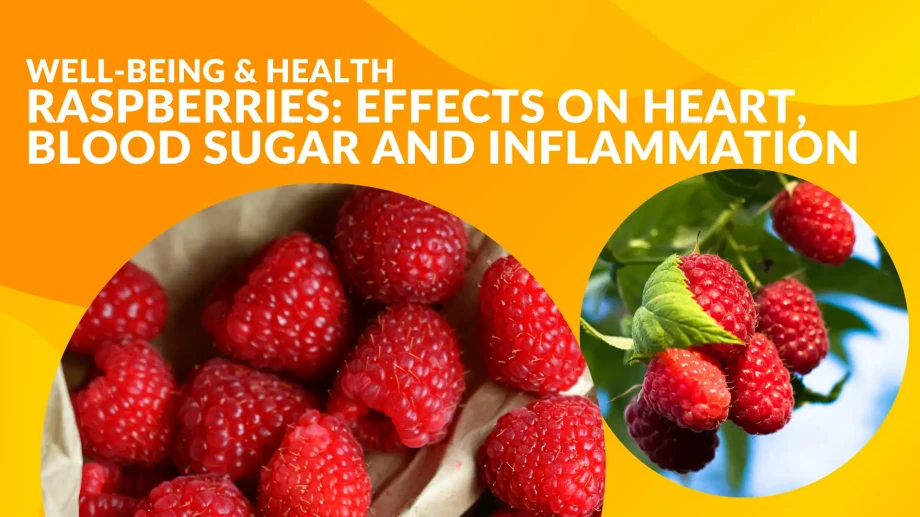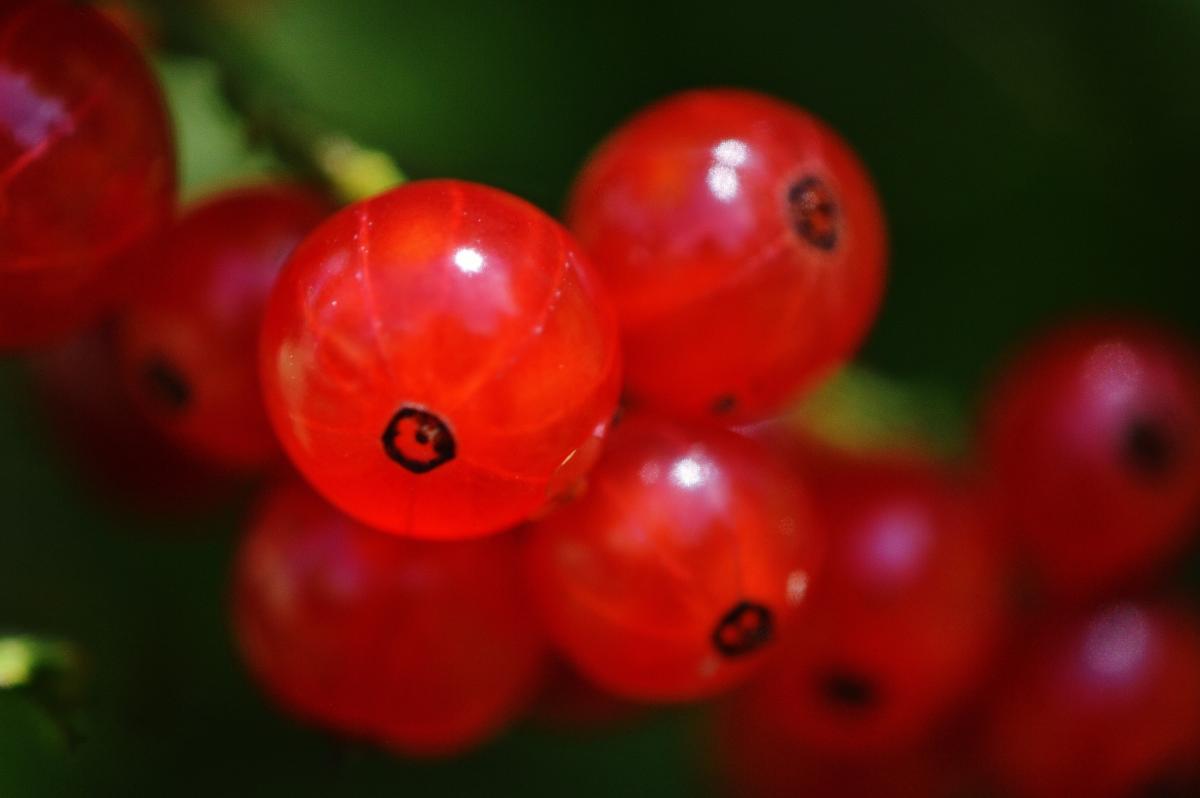Raspberries, with their sweet-tart flavor and vibrant color, are among the most loved and consumed berries.
Although peak harvesting is concentrated within a few summer weeks, the availability of frozen raspberries in the freezer section allows us to enjoy their benefits all year round.
These little treasures of nature are not only delicious but also packed with nutrients and bioactive compounds that provide a wide range of potential health benefits, as highlighted by a growing body of scientific research.
The rich nutritional profile
A single cup serving of frozen red raspberries is surprisingly rich in essential elements while being light: it contains only 80 calories (about 335 kJ), 1 gram of fat, and no cholesterol.
This portion provides a significant 28% of the recommended daily allowance (RDA) of vitamin C, 21% of fiber, and 10% of folate.
These features make raspberries an excellent choice to enrich the diet with key nutrients.
Key phytoelements in raspberries
In addition to their excellent vitamin and mineral profile, raspberries are particularly valued for their high antioxidant content and diverse phytonutrients.
These include polyphenols such as anthocyanins, flavan-3-ols, procyanidins, flavonols, ellagitannins, and hydroxycinnamates.
Research suggests that these plant compounds may play a role in slowing the aging process and reducing the risk of various diseases.
Extensive studies are exploring how these phytonutrients may offer protection against certain types of cancer, heart disease, stroke, hypertension, cataracts, osteoporosis, and other chronic conditions.
In particular, raspberries are at the center of research highlighting their specific health benefits.
Raspberries and cardiovascular health
Raspberries prove to be promising in promoting cardiovascular health.
Studies indicate that ellagic acid, a polyphenol found in raspberries, can inhibit the expression of IL-1β–induced cell adhesion molecules in endothelial cells and the proliferation of aortic smooth muscle cells induced by oxidized low-density lipoproteins.
Moreover, the anthocyanins present in berries contribute to vasodilatory properties.
The consumption of raspberry juice has also shown a reduction in atherosclerosis risk factors in animal models with hypercholesterolemia and has been studied for its potential blood pressure–lowering effect.
Glucose and weight management
For those looking to manage glucose levels and body weight, raspberries offer valuable insights.
Anthocyanins and ellagic acid have been associated with insulin secretion and adipocyte function regulation, suggesting a potential role in preventing metabolic syndrome.
Raspberry components may also inhibit the activity of alpha-amylase and alpha-glucosidase, enzymes involved in carbohydrate digestion.
It has been observed that berry consumption reduces postprandial insulin responses.
Furthermore, raspberry ketone, a natural phenolic compound, has been studied for its ability to enhance lipolysis and fatty acid oxidation in adipocytes, as well as to inhibit adipogenic and lipogenic gene expression, helping improve obesity-induced metabolic disorders.
Immune support and cellular health
Raspberries also show anti-inflammatory and antimicrobial properties.
Ellagic acid, for example, has demonstrated anti-inflammatory activity, including protection against gastric inflammation and inhibition of the growth of Helicobacter pylori, a bacterium linked to peptic ulcers.
Berry phenolics may also selectively inhibit the growth of intestinal pathogens.
On the neurological front, research suggests that ellagic acid may prevent cognitive deficits, brain inflammation following traumatic brain injury, and inhibit Aβ42-induced neurotoxicity.
Anthocyanins, on the other hand, have been shown to exert neuroprotective effects.
Conclusions
In summary, raspberries are much more than just a tasty fruit.
Their nutritional profile and rich phytonutrient content position them as berries of remarkable health interest.
Scientific evidence continues to reveal their potential in key areas such as chronic disease prevention, cardiovascular support, metabolic management, and cellular protection.
Regularly including raspberries in the diet, whether fresh or frozen, represents a simple and effective strategy to promote overall well-being and support a modern diet focused on functionality and long-term health.
Source: redrazz.org
🫐 Well-being & Health with Berries 🍓This article is part of the editorial series Wellness & Health with Berries, which brings scientific research closer to everyday life, promoting berries as allies for well-being. The series offers clear, up-to-date, and evidence-based content designed to inform consumers and support all operators in the berry supply chain. |








